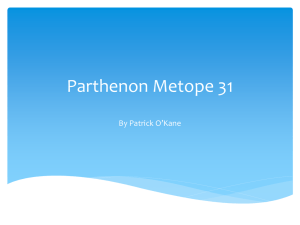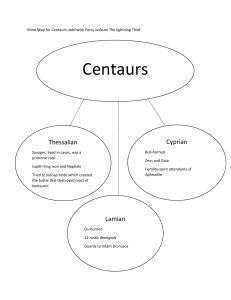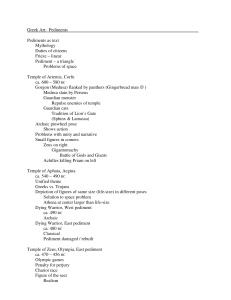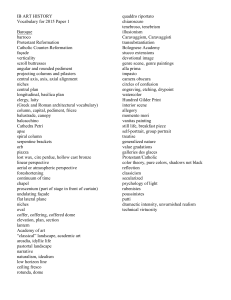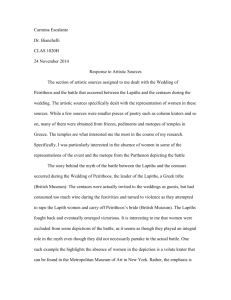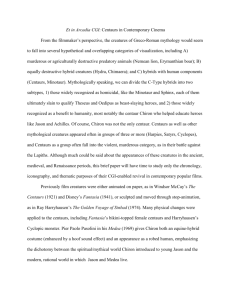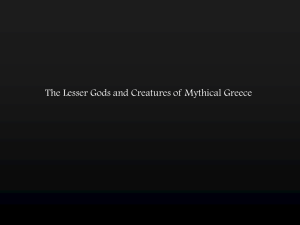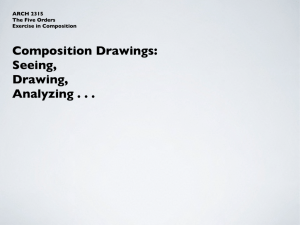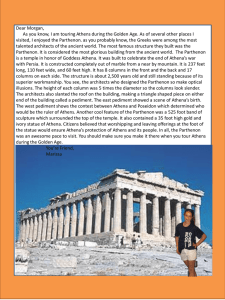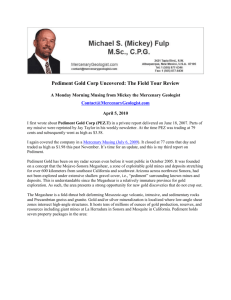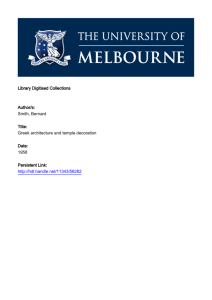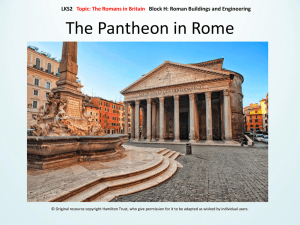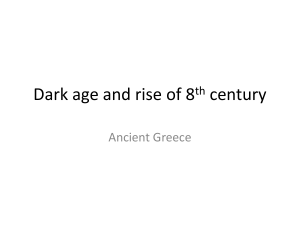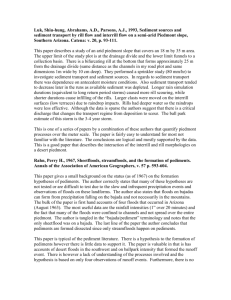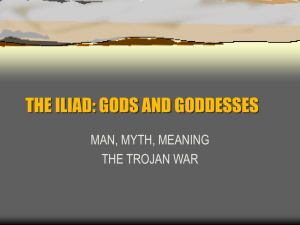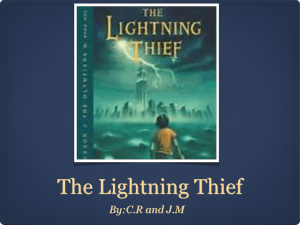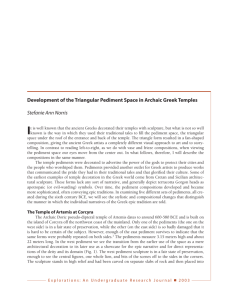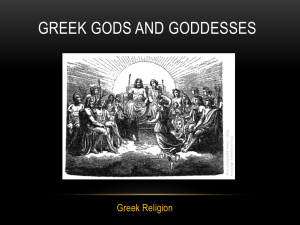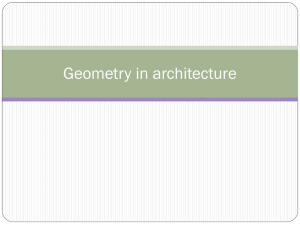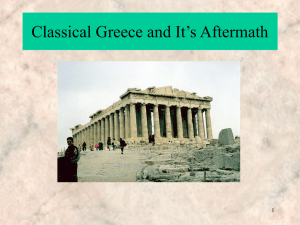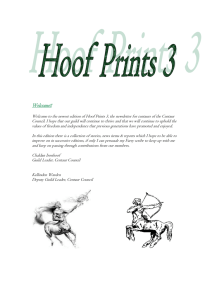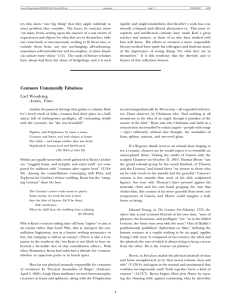Olympia Biting Centaur
advertisement
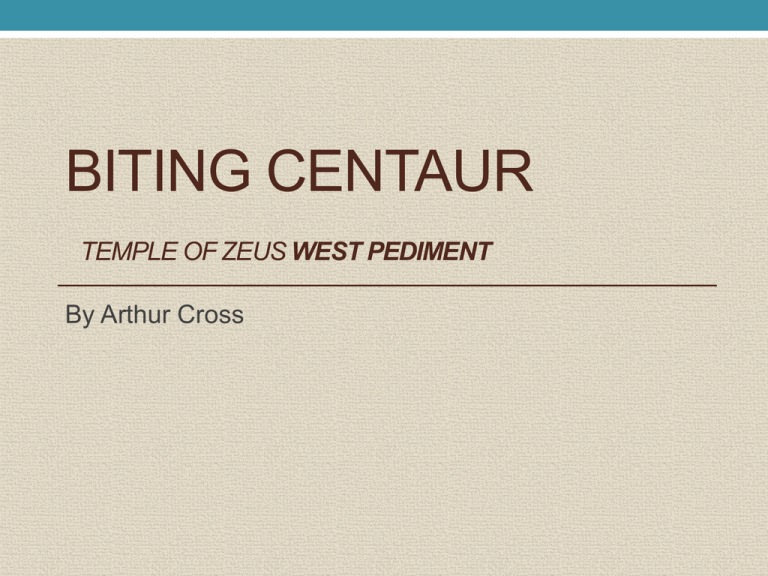
BITING CENTAUR TEMPLE OF ZEUS WEST PEDIMENT By Arthur Cross Facts • Date- 460-50 B.C. • Depiction- Centauromachy • Material- Parian Marble • Style- Early Classical or Severe • Earthquake (374 B.C.) so somewhat destroyed. • ‘Repairs included replacing three of the old women figures on the west pediment with new statues made of Pentelic marble’ What is depicted? • The whole of the west pediment of the Temple of Zeus depicts a battle between the Lapiths (a mythological people) and Centaurs. • This fight occurred due to the Centaurs not being able to handle their drink at the wedding of the Lapith King Pirithoos. Their animalist nature is then revealed and so they try to steal all the Lapith women namely Deidameia the bride of Pirithoos • Apollo can be seen in the center of the pediment flanked by the hero Theseus who has come to help Pirithoos and his people. Why is this story shown? • Apollo Zeus’ son is depicted in the center of the West Pediment. Apollo was the God of music, light and youth; virtues of civilization. • I personally think that his placement here in the center of this pediment may be to show the triumph of Greek civilization over barbarism, Greek/ Persians War (490B.C.) parallels perhaps. A Renowned Myth Battle of Centaurs and Lapiths, by Piero di Cosimo (Italian Renaissance painter) Lack of Weapons • The Lapith’s had come unarmed of course and so everyday instruments where used when fighting, for example wine jars, spits, bare hands and teeth. The Focus Civilized & Barbaric Forms • The young Lapith(s) has a controlled (basically expressionless) face to show he is civilized and can contain most of his emotions (typical trait of severe style) • The centaur(s) however have grotesque facial expression to truly convey their barbaric nature • However this young Lapith does somewhat break this trend. • ‘Others’ faces show their feelings more freely. Thus a Lapith youth wrinkles his brow as his lips part to emit a cry of pain, while a centaur sinks his teeth into his arm’ Woodford (p96) Woodford Quotes • ‘The west pediment is full of action, and virtually all the figures are interlocked in violent combat’- Woodford (p95) • ‘The idea of men defending their women against such a savage onslaught seems to have had a special significance for the Greeks just after the Persian wars, and the theme was used again on the Parthenon.’(p96) • ‘In both form and subject a strong contrast was made between the east and west sides of the temple. The metopes immediately beneath the two pediments were left blank; nothing distracted from the powerful scenes’ above’(p96-97)
